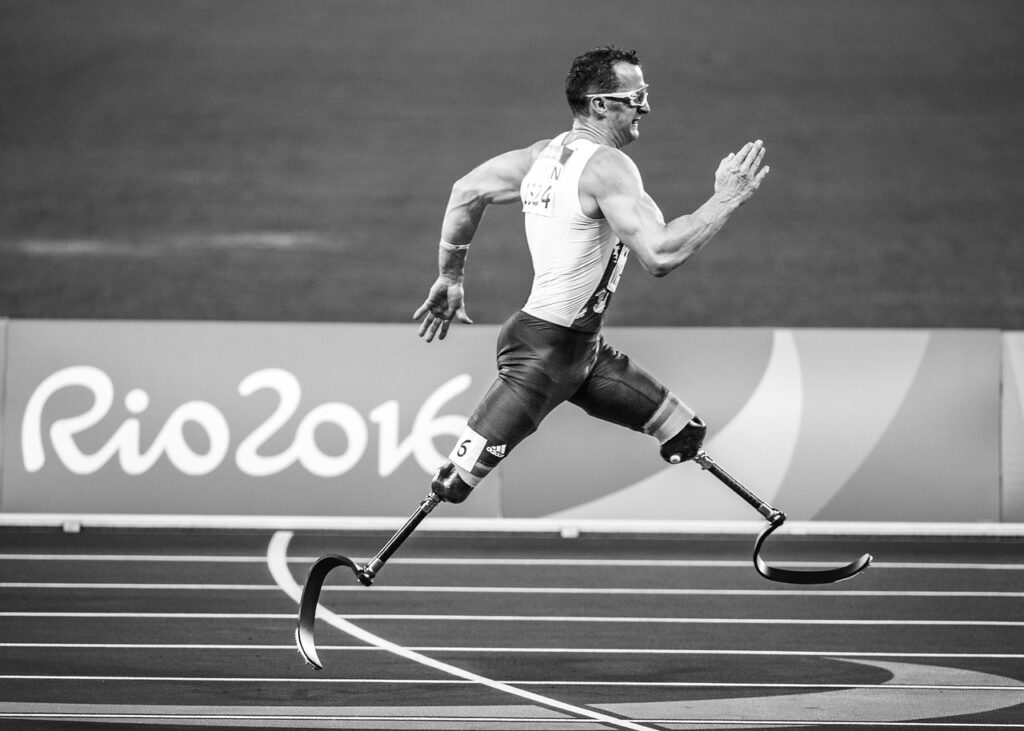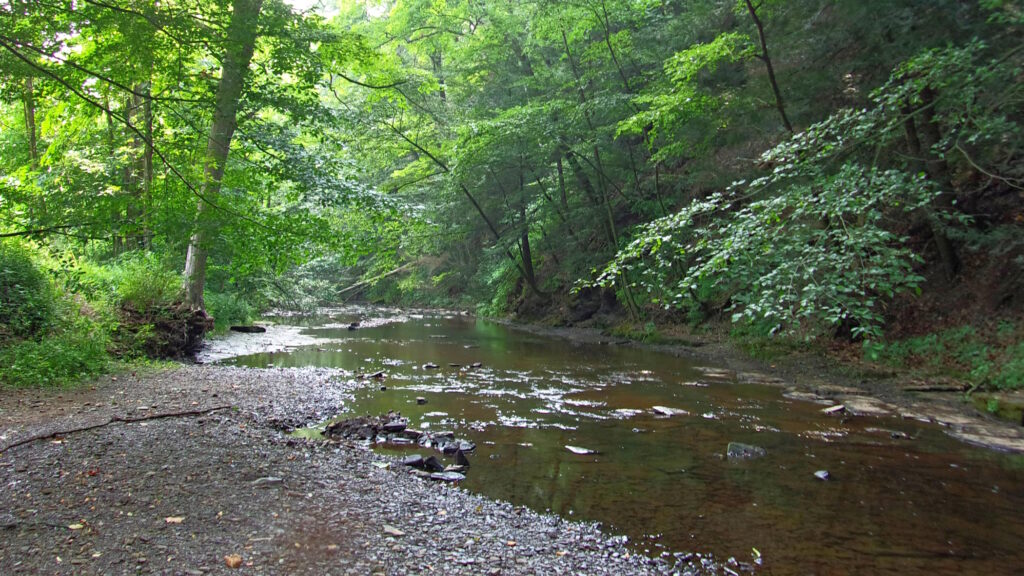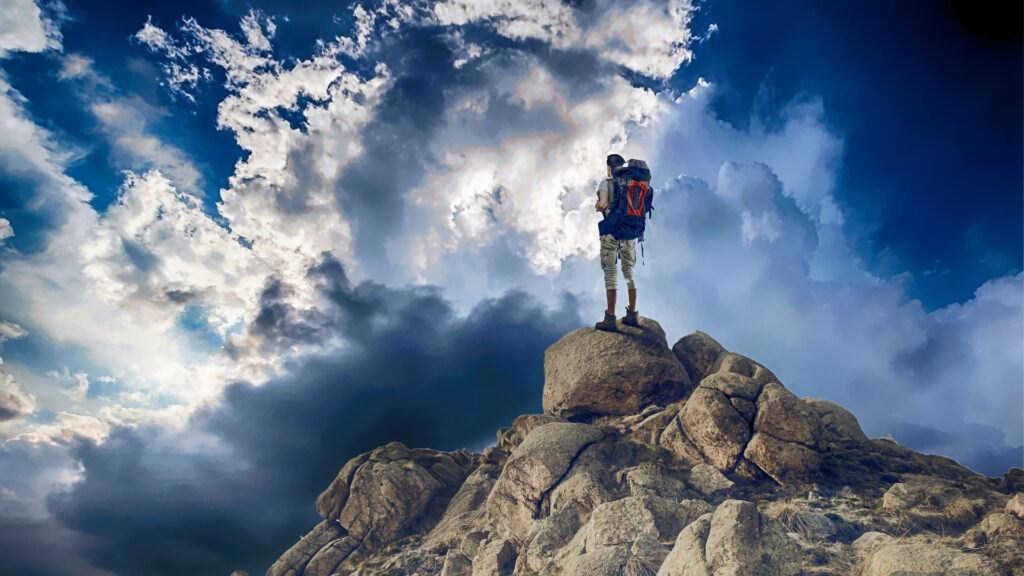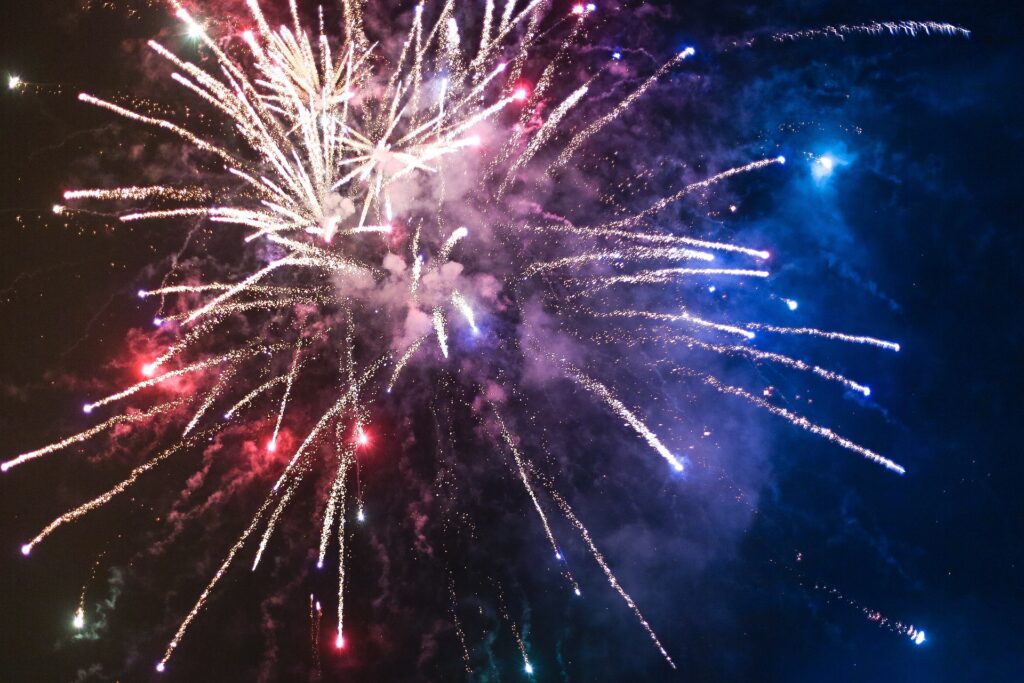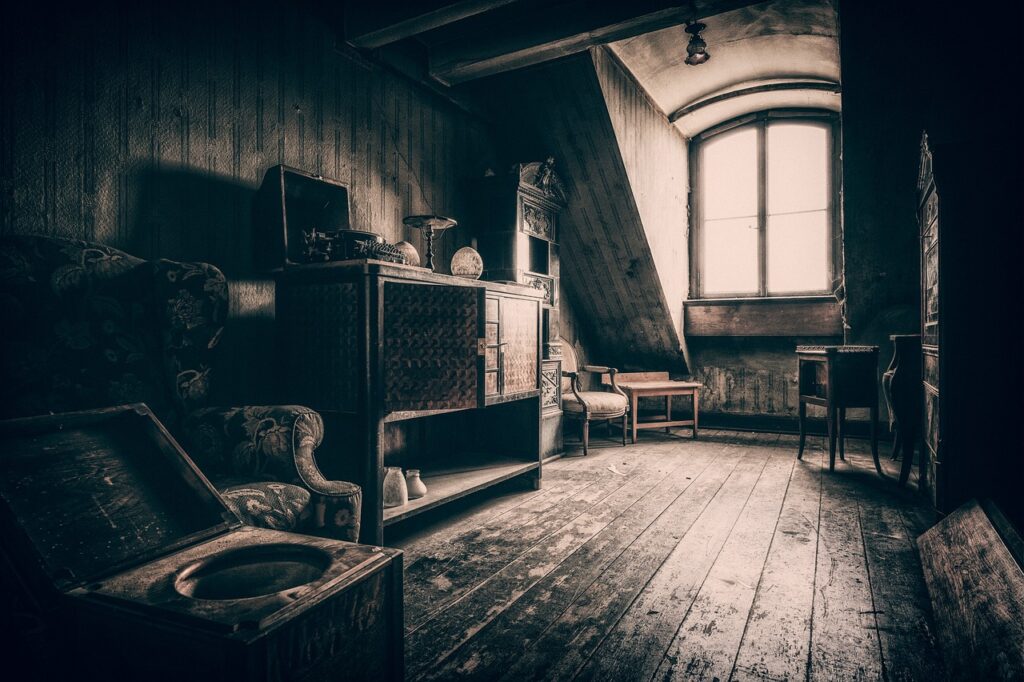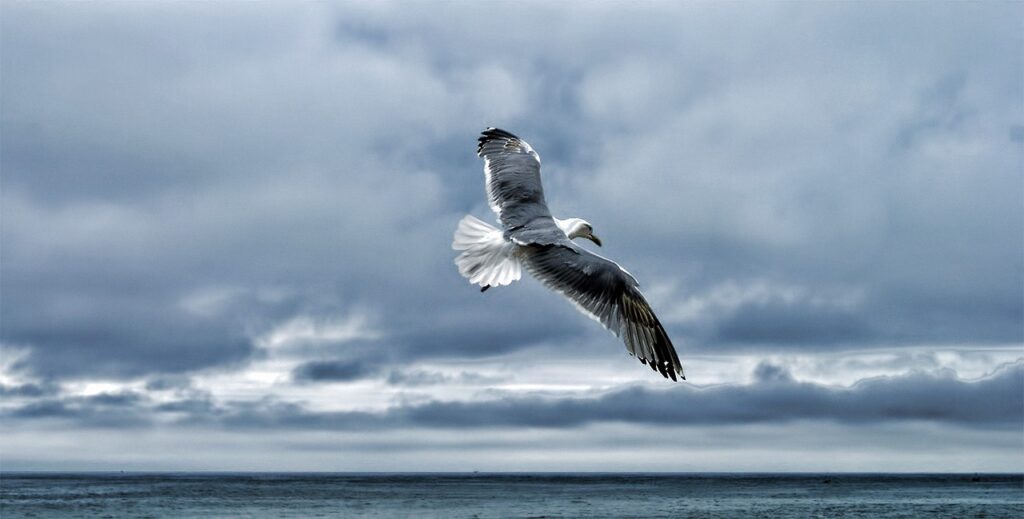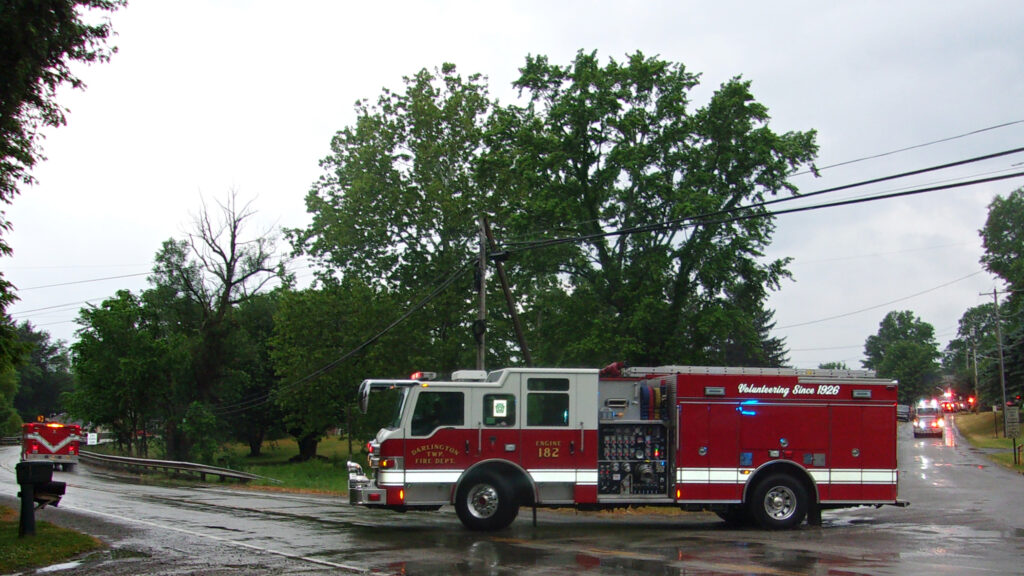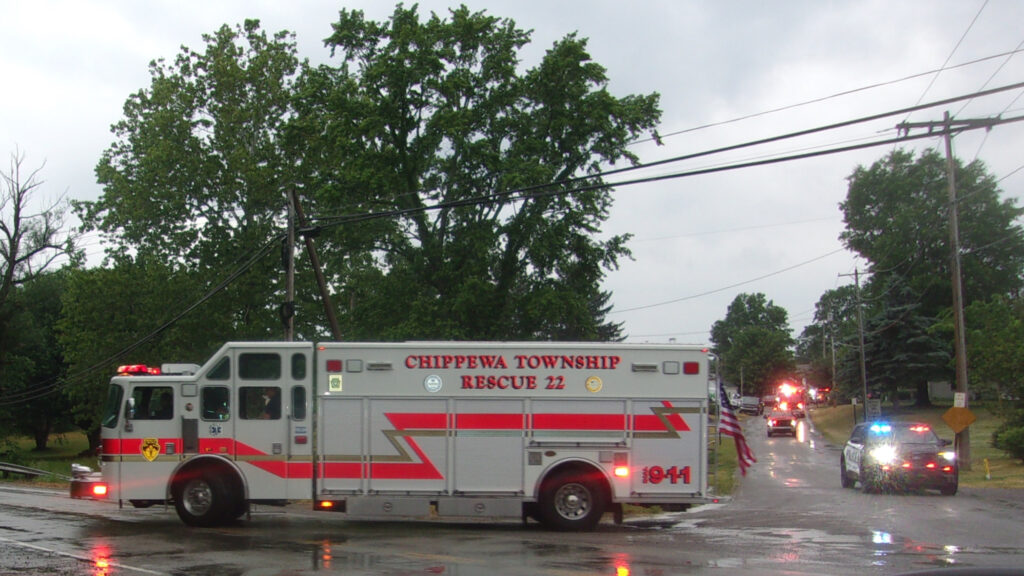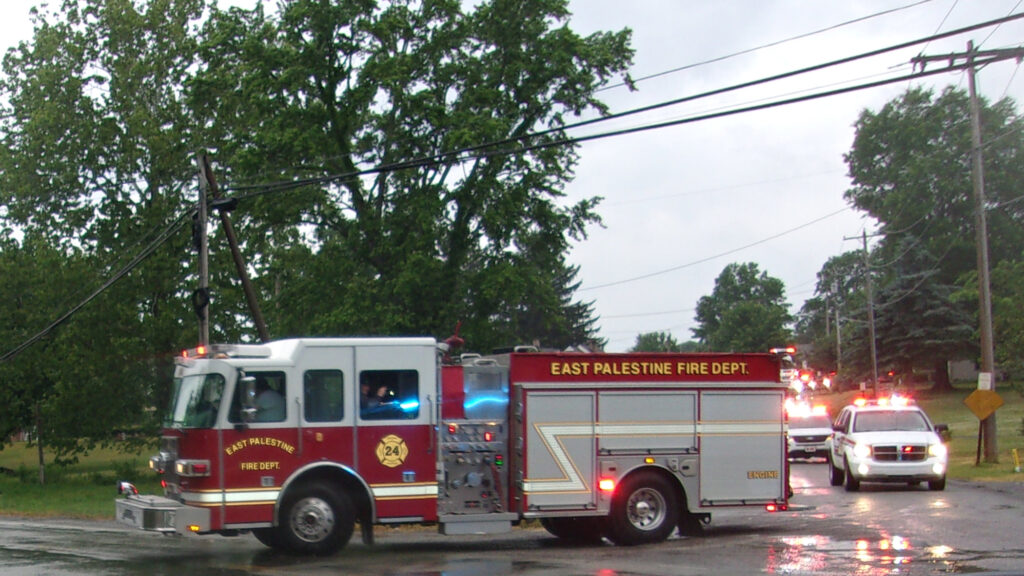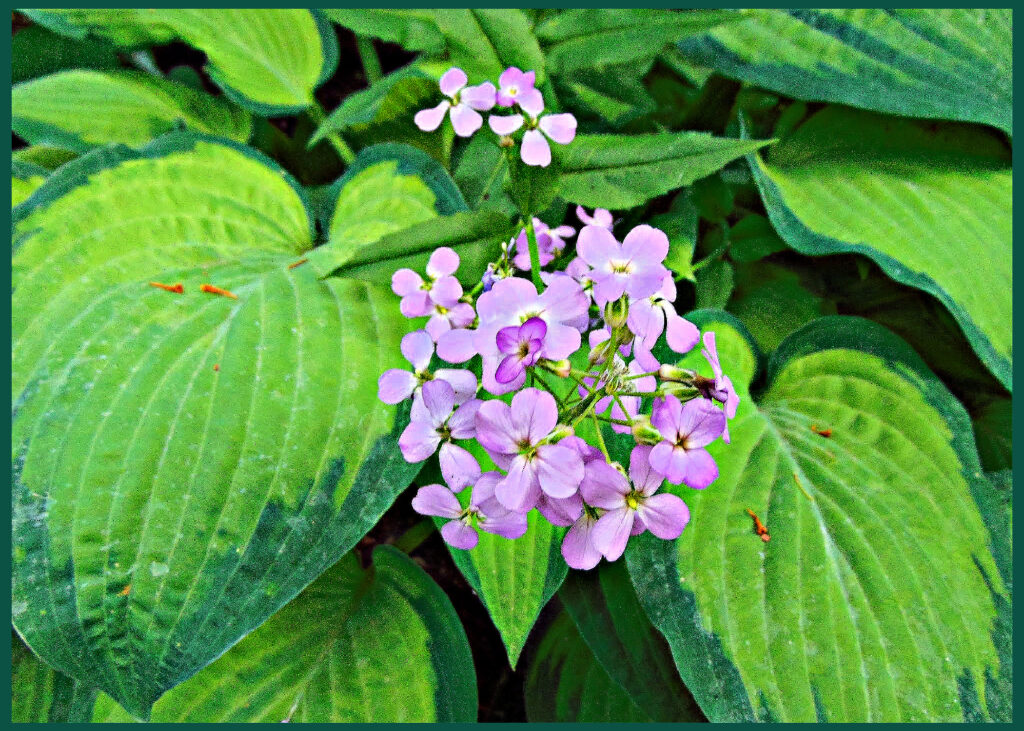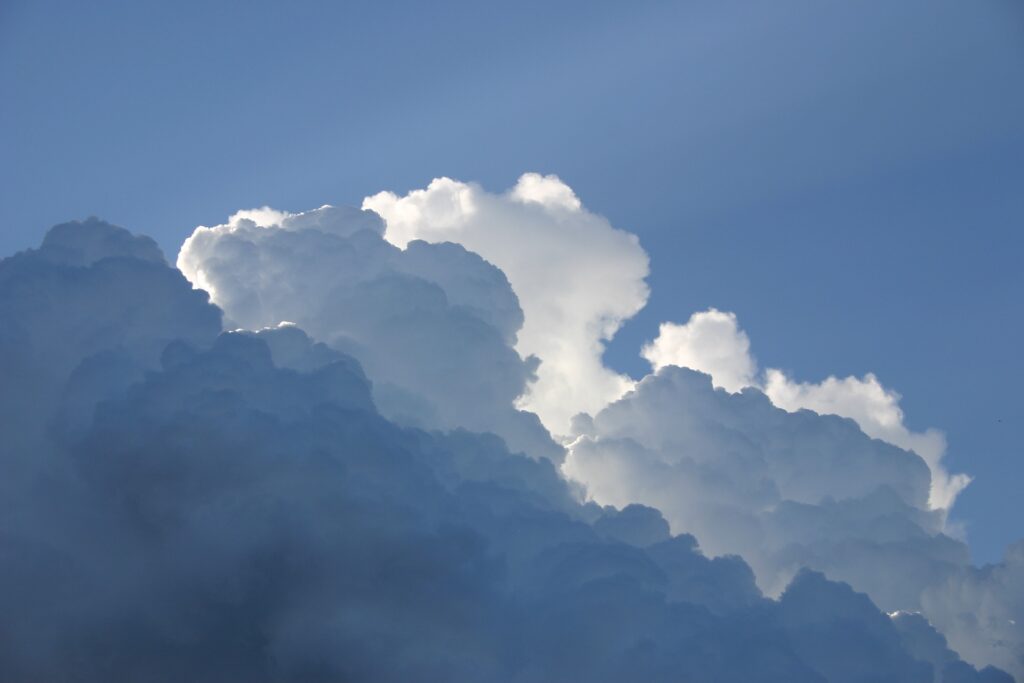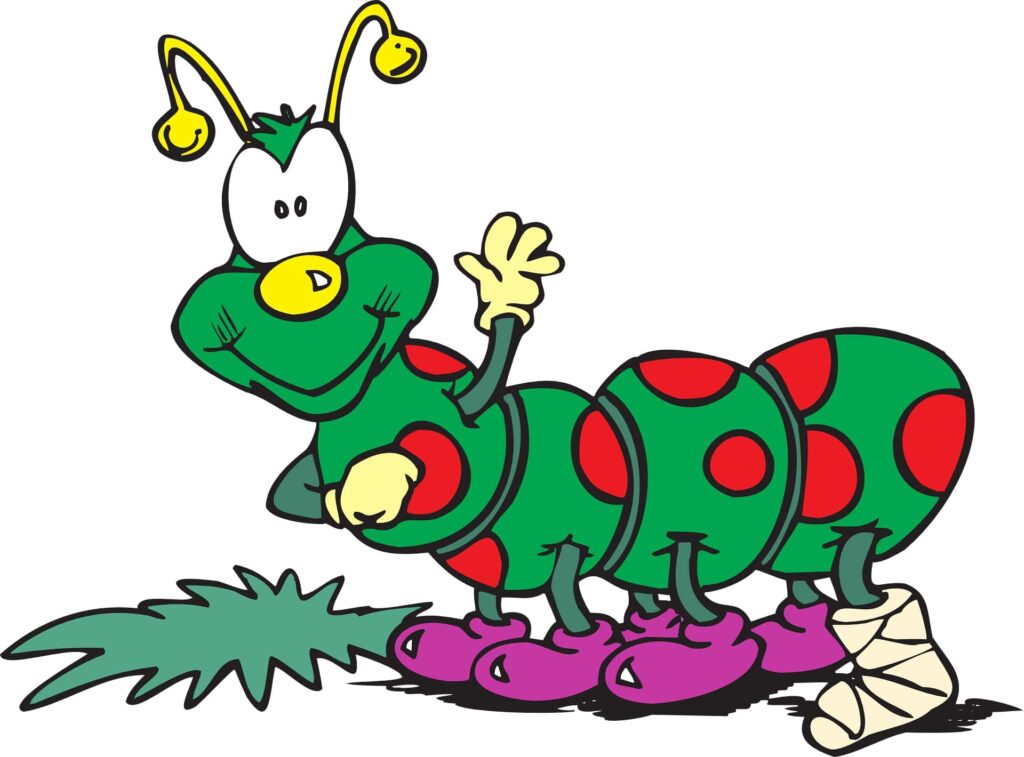
“Congratulations on another day!” the radio host said. I don’t think I ever heard that before, but it certainly resonated with me. I deserved congratulations for keeping my balance so well despite a spate of disruptive events in my life.
As you may have noticed, I haven’t been online for a bit of a stretch. For years now I’ve been heard to utter, “Technology is so wonderful when it works.” This was one of those times when it didn’t. I was in Internet Connection Hell. But valiant knights swarmed in to rescue me, and they were fine, determined men, knowledgeable and most courteous. Still, it took many days to get to the root of the problem.
And it wasn’t just that. My cook top and washing machine died, too, all in the span of a couple days. Meanwhile, close friends were going through difficult personal struggles, and the horrific tragedy unfolding in Maui was breaking my heart.
In the midst of all this, I began to appreciate how valuable all my joy-warrior training has been. It allowed me to keep a perspective as unexpected circumstances pushed me from my accustomed routines. We do like our habits, especially the ones that let us go through our days with some order, efficiency and grace. It annoys us when they’re disturbed.
Still, I noticed, I was surprisingly unperturbed by fairly major interruptions to the usual patterns of my life. I recognized that they were posing some significant challenges. I would have to deal with the hassle and cost of getting service, repairs and replacements. Until I got back online, much of my usual work would have to wait.
But I simultaneously recognized that being upset would only make dealing with everything more difficult. And I saw that understanding as a great gift, one that I had given myself by “walking the talk,” by finding and exercising the practices that lead to enhanced ease and joy. Instead of letting events devastate me, or hurl me into a pity pool, a heartfelt wave of gratitude washed over me for the peace and confidence I felt as, one step at a time, I navigated the challenges.
In a world where things frequently go differently than we wish them to go, it takes practice to keep a balanced perspective. Maintaining inner peace, which is what joy is all about, is a skill as much as an art, or a personality trait, or a product of a healthy upbringing. You need to practice it, to find ways to nurture and grow it. And that’s what the joy tools I find and enjoy sharing with you are meant to do – to help us learn to operate from a center of peace regardless of what circumstances surround us.
I’m always on the lookout for ways to build my joy skills. So when the guy on the radio said, “Congratulations on another day,” and it made me grin, I wrote the sentence down and taped it to my bathroom mirror as an experiment, to see what effects it would produce. It seemed to me a fine thing to say to myself at the end of the day – or at its start, for that matter. It wasn’t about accomplishing anything, or about being a certain way. It was just about being. Period. You’re here. Conscious. Experiencing. Despite all the odds. Congratulations!
My challenges were what they were, I decided, and the rest of the world remained as my laboratory and playground. Acceptance is always such a fine first step.
Then my curiosity kicked in: What would I do with the time I couldn’t spend as I normally did?
I pulled an old set of instructions from my mind’s files that said, “When you don’t know what to do, clean or create.” I decided to start by creating a list of things I could do with this sudden appearance of free time. After all, free time is a great gift when you think about it.
I’m pleased to say that I accomplished a host of worthwhile projects, and had fun doing it. Despite it all. One night while I was wrapping up a journal entry about my responses that day to my restructured world, I found myself writing, “Life is rich.” And so it is. And we get to live it.
Carry on, my friends, and remember to look for the good, regardless. Oh, and Congratulations on another day!
Warmly,
Susan
Image by QuinceCreative from Pixabay
